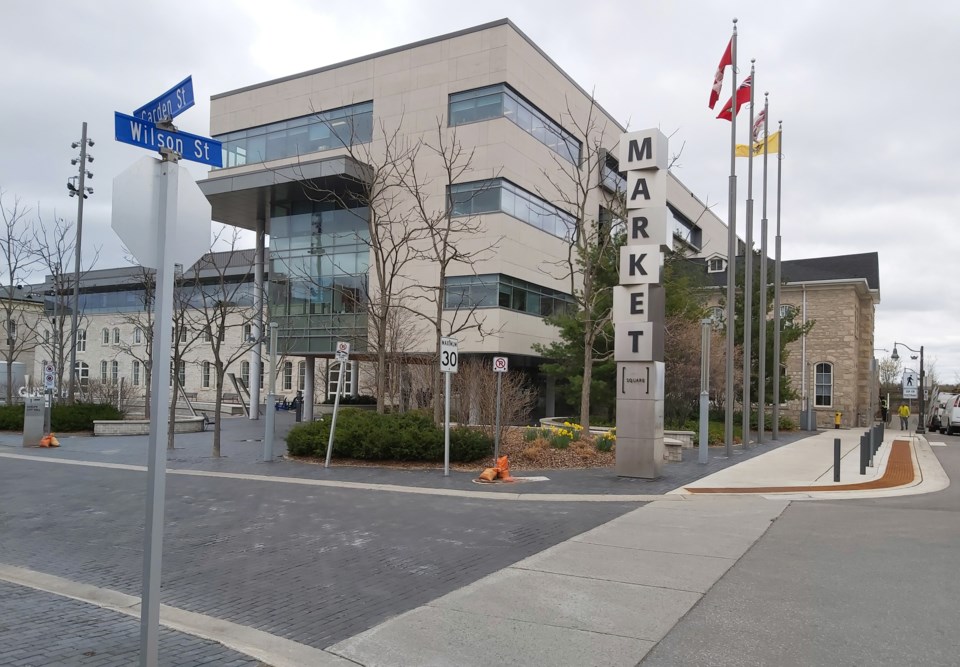With many large businesses already working to reduce their carbon footprint, city officials are looking for ways to help smaller operations follow suit and they’re offering up to $15,000 in seed money to make it happen.
That’s the goal of the Carbon Credit Challenge, for which the city issued a request for proposals late last year. The closing date for submissions is Wednesday.
“It’s an interesting, experimental project,” said David Messer, manager of the city’s Circular Opportunity Innovation Launchpad (COIL), which is spearheading the effort. “Hopefully, if we can find something that works, it can work in other cities too.”
The request for proposals was intentionally left rather vague in order to inspire a wider range of potential offerings, Messer said, noting the overall goal is to “insentivise carbon-positive behaviour,” whether that be for individuals in the community, through business-to-business interactions or something else.
“It could go in a lot of different ways,” he said, providing the example of a loyalty-style program for people who ride a bicycle to work, eliminating vehicle emissions. Once verified, those collective efforts could be bundled to create carbon credits for sale, with some of that money benefiting cyclists, provided through something such as a free coffee, for their repeated efforts.
The call for proposals was open to businesses, as well as non-profit organizations and individuals to bring forward their ideas.
“We’ve had a number of people reach out,” said Messer. “We know there are some businesses that have some ideas like this.”
With hours to go before the deadline, submission documents had been downloaded by nearly a dozen organizations.
The seed money will be provided through the Smart Cities Challenge which saw the City of Guelph and County of Wellington declared as the recipients of $10 million from the federal government in 2019.
While that initiative focuses on the food economy, there is some discretionary funding attached, which is where the offered seed money comes from, Messer explained.
“This isn’t the city looking to fund something on an ongoing basis,” he said. “The idea is that we’d seed something that is self-sustaining.”
Once proposals are reviewed by city staff, and if there is a bidder selected, a contract will be negotiated and a public announcement about that initiative will be made.
That, Messer added, could take a couple months.



